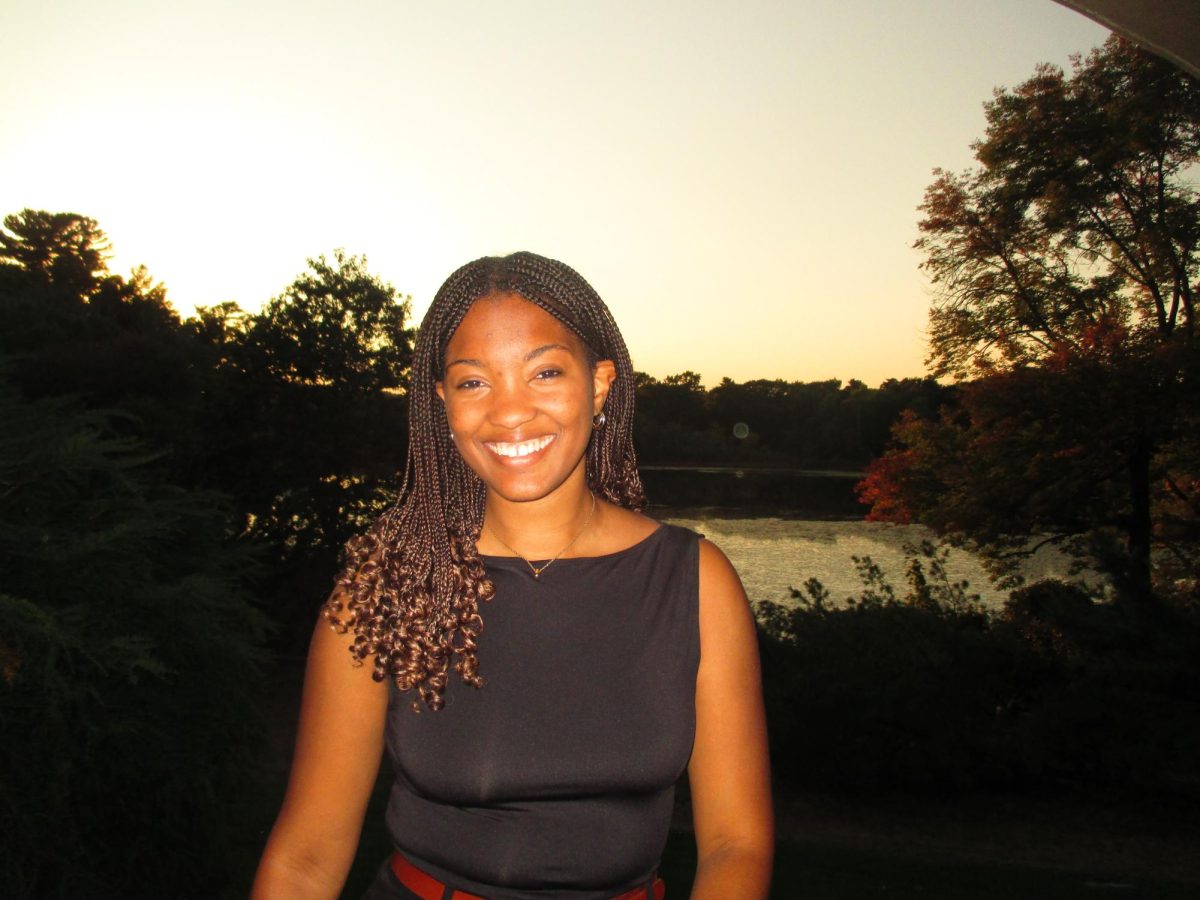As a graduating senior, I feel the need to impart advice like the obnoxious elderly man that I am. And, academically, if there’s one piece of advice I wish my younger self could hear, it would be this: embrace the credit-non option. Much has been written about Wellesley’s “stress culture” — the way this place pushes you to be the absolute best at anything you do. But here’s the thing: you don’t have to be the best, and being the best often hinders your learning.
I don’t think I took my first credit-non class until my first semester of junior year. I stuck, mostly, to the classes that felt “safe” — writing-heavy ones, in my case — and avoided taking anything that I thought I wouldn’t be able to easily earn at least a B in. My grades were far from perfect, but they were decent. The problem, though, was that I was slowly losing any enjoyment I had in school. And that was devastating: why had I traveled the thousands of miles to Wellesley from Missouri, if not to take joy in what I was learning?
It took me until my senior year to learn to enjoy learning again. I truly think it would’ve happened sooner if I’d been able to let go of my need to be good at what I was doing, and follow my curiosity instead. My senior year, I took an advanced CS class — having never taken a course in the department before — and, of course, credit non’ed it. I took a 300 level class in Spanish in writing nonfiction and turned in nearly every assignment late because of the fact that the course was grade-free allowed me to relax. I learned more in these classes than I have in the majority of my time at Wellesley because I was actually there to learn; without the stress of a grade, I could engage with concepts that I wouldn’t have the confidence to work with otherwise. I learned about the collection of feminist datasets, how different insect species interact in urban environments, and trends in Latin American long-form nonfiction. None of these are my “comfort topics,” but they were all worth it.
I wish that in my first year at Wellesley someone had told me there’s no benefit to being an overachiever here. Take the long-shot classes, but why bother making those classes part of your GPA when you don’t have to? Credit-non should be normalized, and beyond that, I assert that more professors ought to be abandoning letter-grading altogether, or getting as close to it as they can within Wellesley’s rules and regulations. There are a few professors at this school who do it to some extent — implementing “mastery grading” and systems of self-assessment for their students — and the rest of the faculty should be rushing to follow their example.
Study after study shows that grades, at any academic level, don’t really indicate the depth or meaning of a student’s learning. So, this isn’t a new argument I’m making. But it’s a worthwhile one to reiterate, anyway. So, Wellesley, as you return to whatever version of “normal” greets you next year, I implore you to consider the credit-non option, not as an embarrassment or a cop-out, but as an opportunity to explore, relax and actually, for once, learn something.




